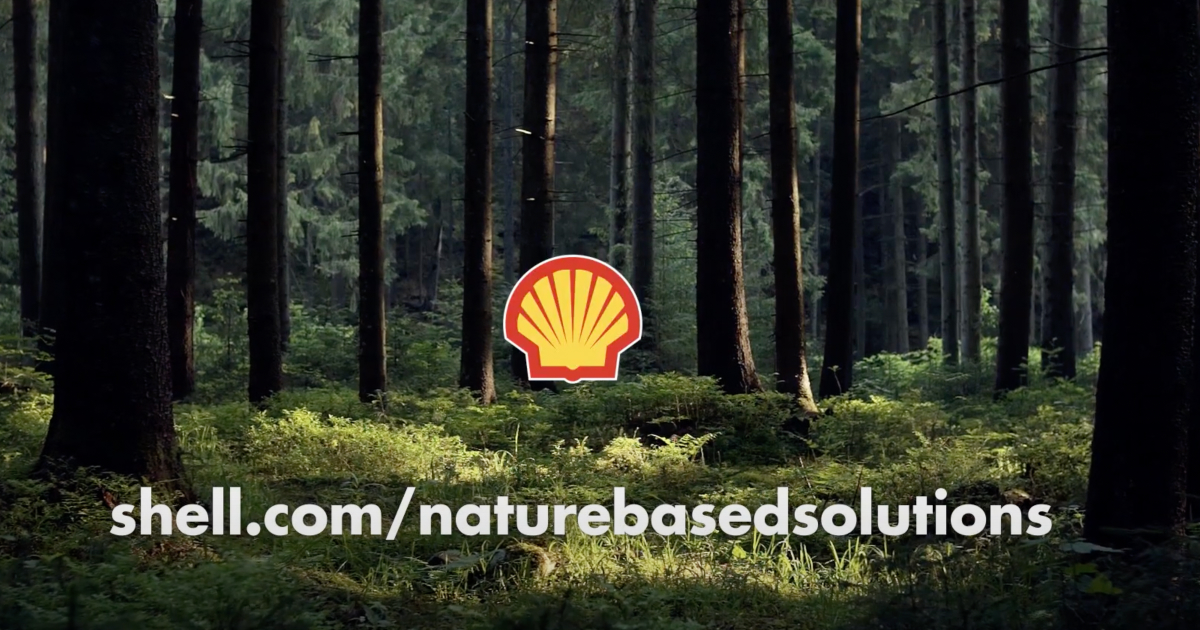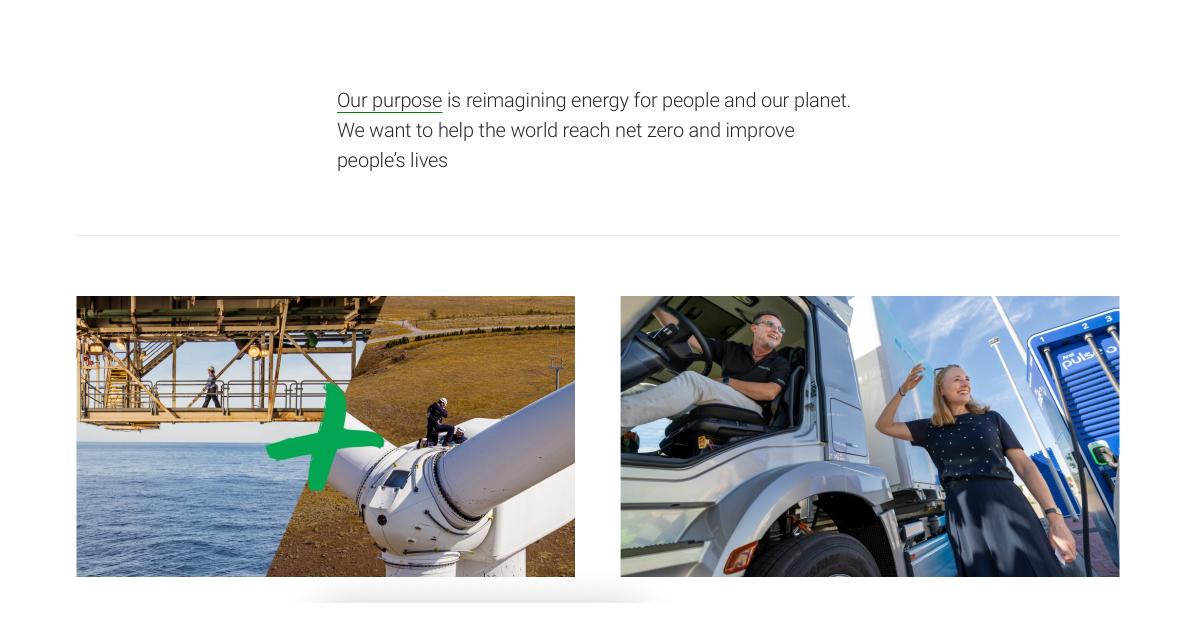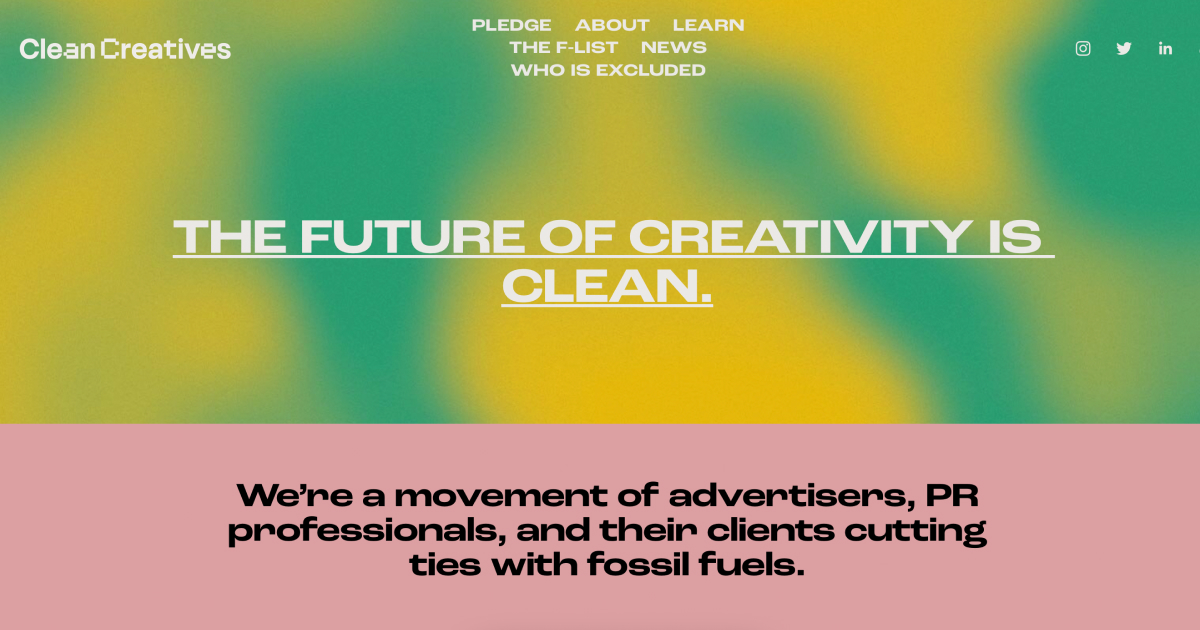Think energy, be that renewable or fossil fuels, and associations with engineers, machinery and hard hats can easily spring to mind. A world of industry far removed from many vocations. Yet, despite perceptions, this is an industry of diverse career opportunities from project management to research and development, from software to sales, and from accounting to storytelling.
This post explores how professional storytelling has painted a misleadingly green picture of the fossil fuel industry, the movement of Clean Creatives that has emerged in opposition to this deception and how such public denouncement is fuelling a migration of employees from the fossil fuel industry to the renewable sector.
Beware the Professional Storytellers
From an outside perspective, it can appear like the whole energy sector is transitioning to renewables; that careers at fossil fuel companies like Shell or BP for example are becoming increasingly oriented towards renewable energy. However, it’s important to be aware of the stories carefully crafted by marketing, advertising and PR professionals in this space.
 An example of Shell’s ambiguous advertising that plays on our connotations around ‘nature’, suggesting their activity enhances rather than destroys the environment.
An example of Shell’s ambiguous advertising that plays on our connotations around ‘nature’, suggesting their activity enhances rather than destroys the environment.
The Dirty Truth
Deflecting from their actual operations, Big Oil such as Shell and BP have in recent years been called out for producing advertising that pedals an illusion of change. Green language, colour and imagery gives the impression they are moving towards renewable energy and even net zero, when this greenwashing couldn’t be further from reality.
They remain the world’s leading polluters, labelled by the UN Secretary General as “the polluted heart of the climate crisis.” Contrary to their hugely exaggerated advertising, data shows that 99% of their investments are actually being spent on producing more oil and gas.
In fact, the ongoing and expansive activity of the fossil fuel industry as it accelerates to meet modern demand is a primary reason we are not aligned with the 1.5 degree temperature increase globally adopted in the Paris Agreement. Unbelievably, it is projected to produce double the coal, oil and gas that we can burn by 2030.
 99% of investment is being pumped into exploration and expansion
99% of investment is being pumped into exploration and expansion
Money Talks
Since Russia’s invasion of Ukraine in 2022 transformed the global energy market, driving up prices and delivering record profits, many fossil fuel companies have actually walked back on their environmental commitments. Their renewed pursuit of riches through further oil, gas and coal exploration and expansion is being justified with stories of offset by carbon storage and direct air capture.
These ‘solutions’ are neither economically feasible nor scalable (and do nothing to address other harmful gases such as methane), but go some way in gaslighting consumers, jobseekers and employees about climate mitigation and these companies’ orientation towards new, clean technologies.
Alongside these deflections, companies are also glossing over explicit references to fossil fuels. Read the ‘who we are’ section of BP’s website and you’d be hard pressed to know they have anything to do with oil or coal. Such ‘dirty’ words have seemingly been erased from their communications, hidden behind the more neutral term ‘energy’.
 The ‘Who We Are’ section of BP’s website emits to mention oil, gas or fossil fuels
The ‘Who We Are’ section of BP’s website emits to mention oil, gas or fossil fuels
Cleaning up Creative
In response to the misleading communications surrounding the energy sector, Clean Creatives have emerged encouraging advertisers, marketing and PR professionals to take a pledge rejecting all work with fossil fuels. Almost 700 agencies have signed to date along with 1700 creatives making a stand to publicly refuse this ‘dirty’ money.
In addition to the pledge, the organisation recently released their 2023 F-List, naming and shaming creative agencies that continue to be complicit in enabling fossil fuel companies. Beyond reputation, it underlines the growing liability that comes from working with and for these companies, detailing some of over 2000 cases of legal proceedings in its revealing smoke and mirrors report.
 Clean Creatives publicly refuse to work with fossil fuel companies
Clean Creatives publicly refuse to work with fossil fuel companies
Decades of Deception
Perhaps most serious, are the findings laid out in The Climate Deception Dossiers that reveal decades of fossil fuel companies knowing the environmental impacts of their practices and purposefully disseminating disinformation to “promote uncertainty about climate change or declare that it was a hoax.”
Legal action and accountability based on such evidence is increasingly being supported by legislation, such as article 12 of the Paris Agreement that states an obligation to public awareness and access to information about the climate crisis.
Such public exposure is quickly eradicating ignorance as a recourse for those that continue to work for fossil fuel companies. As the scale of deception is revealed, it is fuelling the renewables job market as prudent employees are looking to transfer their skills. Whether motivated by ethical concerns or fears of being smeared as complicit in their duplicity, diverse career opportunities are available for those looking to switch to the renewable sector.
While the movement towards purposeful work is gathering momentum across disciplines, significant overlaps in areas such as business, project management, logistics and data analysis mean candidates with a background in fossil fuels are well positioned to transfer to renewable companies. Such compatibility extends down to more specific skills such as Environmental Impact Assessments, making the move across markets a natural career progression.
Jobseekers can trust that Rejobs only post career opportunities in renewable energy without distractions, deceptions or greenwashing. The time is now. Look to the future, find meaning in your work and ensure you aren’t left behind.
Article by Lauren Holford
Published on October 19, 2023
Share this blog post with your folks, and help them find a career to be proud of.



